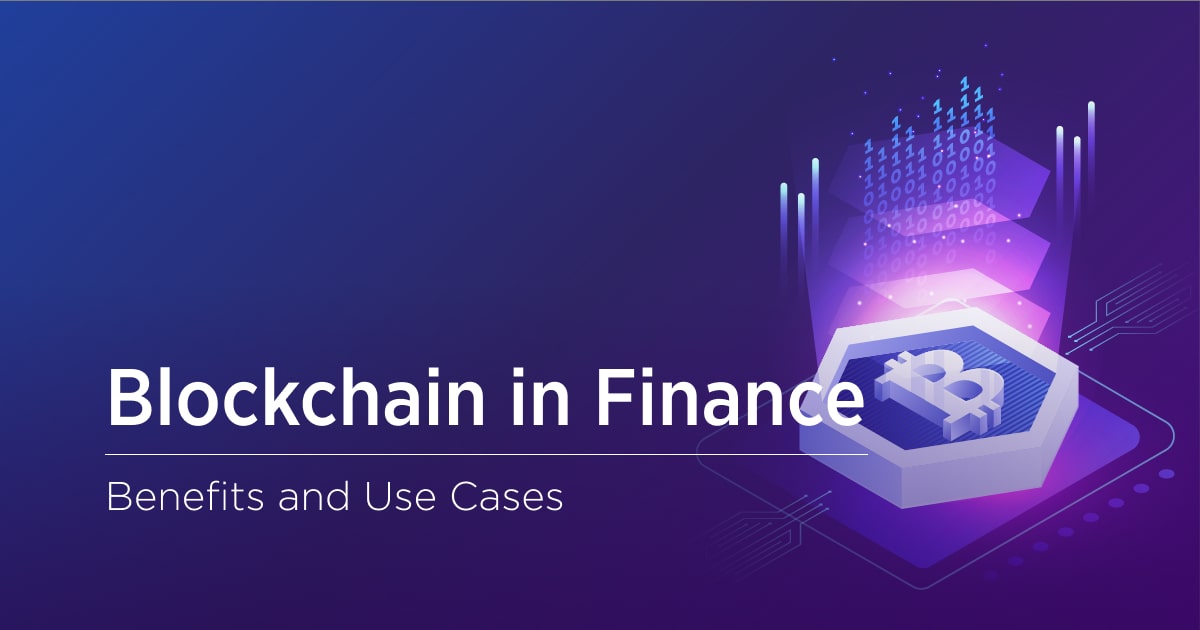Blockchain technology has emerged as a revolutionary force in the financial industry, promising enhanced security, transparency, and efficiency. Here’s a look at how blockchain is transforming modern financial systems:
1. Enhanced Security and Fraud Prevention
Blockchain’s decentralized nature and cryptographic security measures make it highly resistant to fraud. Each transaction is recorded on a distributed ledger, making it nearly impossible for hackers to alter data without detection. This increased security reduces the risk of financial fraud and enhances trust in digital transactions.
2. Transparency and Traceability
Blockchain provides a transparent and immutable record of all transactions. This traceability is particularly valuable for auditing purposes, ensuring that all financial activities can be tracked and verified. This transparency helps in reducing corruption and improving regulatory compliance.
3. Efficiency and Cost Reduction
Traditional financial transactions often involve multiple intermediaries, leading to delays and higher costs. Blockchain can streamline these processes by enabling direct peer-to-peer transactions, reducing the need for intermediaries, and cutting transaction costs. This efficiency can be particularly beneficial in cross-border payments, which are often slow and expensive.
4. Smart Contracts
Smart contracts are self-executing contracts with the terms of the agreement directly written into code. These contracts automatically execute transactions when predefined conditions are met, reducing the need for manual intervention and minimizing the risk of human error. Smart contracts can be used in various financial services, including insurance, loans, and trading.
5. Decentralized Finance (DeFi)
DeFi platforms leverage blockchain technology to offer financial services without traditional intermediaries like banks. These platforms provide various services, including lending, borrowing, and trading, through decentralized applications (dApps). DeFi has the potential to increase financial inclusion by providing access to financial services for the unbanked and underbanked populations.
6. Tokenization of Assets
Blockchain enables the tokenization of physical and digital assets, allowing them to be traded on blockchain platforms. Tokenization can increase liquidity and provide investors with fractional ownership of high-value assets, such as real estate and fine art. This democratizes investment opportunities and enhances market efficiency.
The Future of Blockchain in Finance
As blockchain technology continues to evolve, its impact on the financial industry is expected to grow. Future developments may include:
- Integration with Traditional Financial Systems: Increased collaboration between blockchain-based platforms and traditional financial institutions could lead to more robust and versatile financial services.
- Regulatory Developments: As governments and regulatory bodies become more familiar with blockchain, they are likely to develop clearer frameworks for its use, promoting wider adoption.
- Technological Advancements: Ongoing innovations in blockchain technology, such as improved scalability and interoperability, will enhance its functionality and appeal to the financial sector.
Blockchain’s potential to revolutionize financial systems is immense, offering enhanced security, transparency, efficiency, and new financial products and services. As the technology matures, it is set to become an integral part of the financial landscape.





